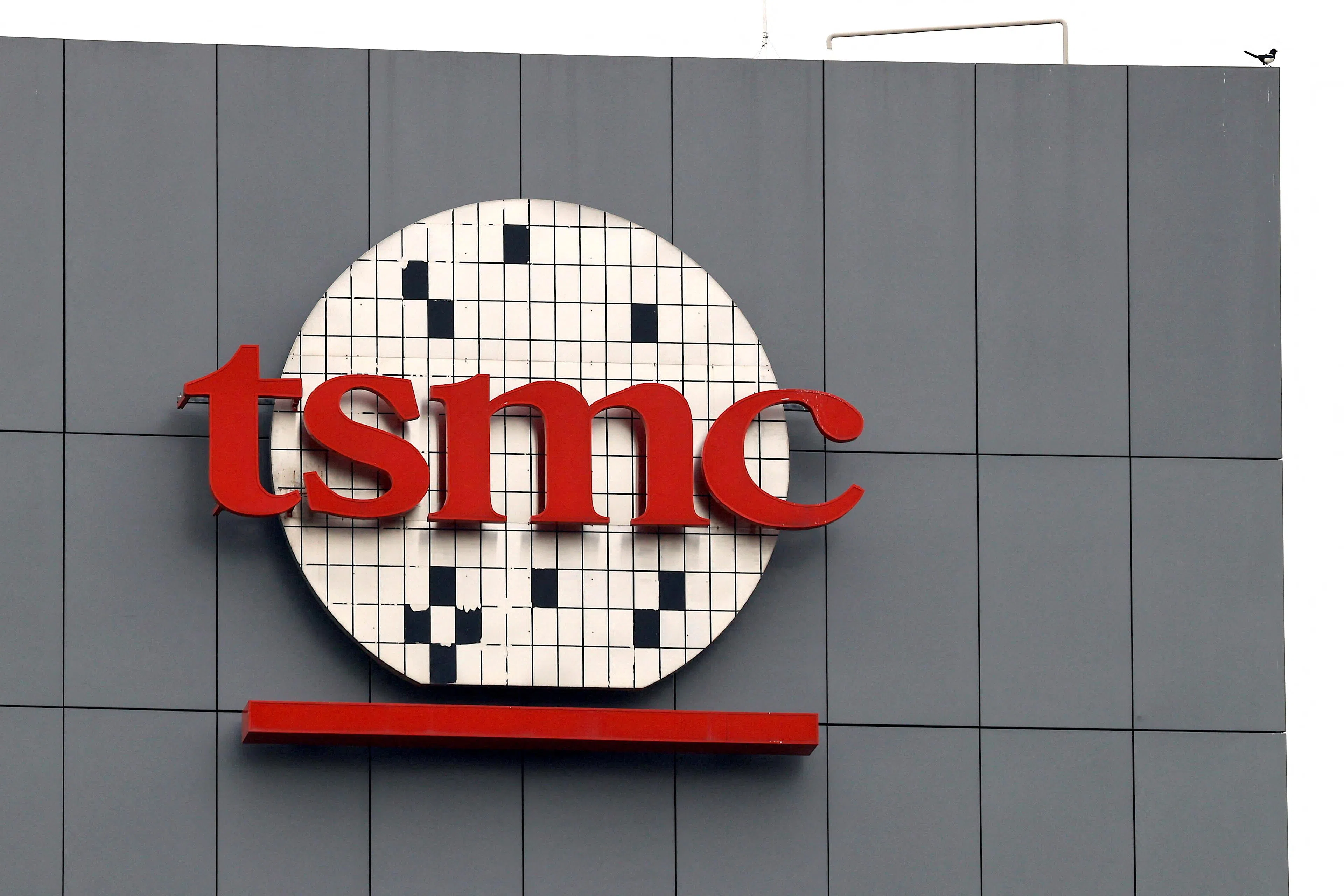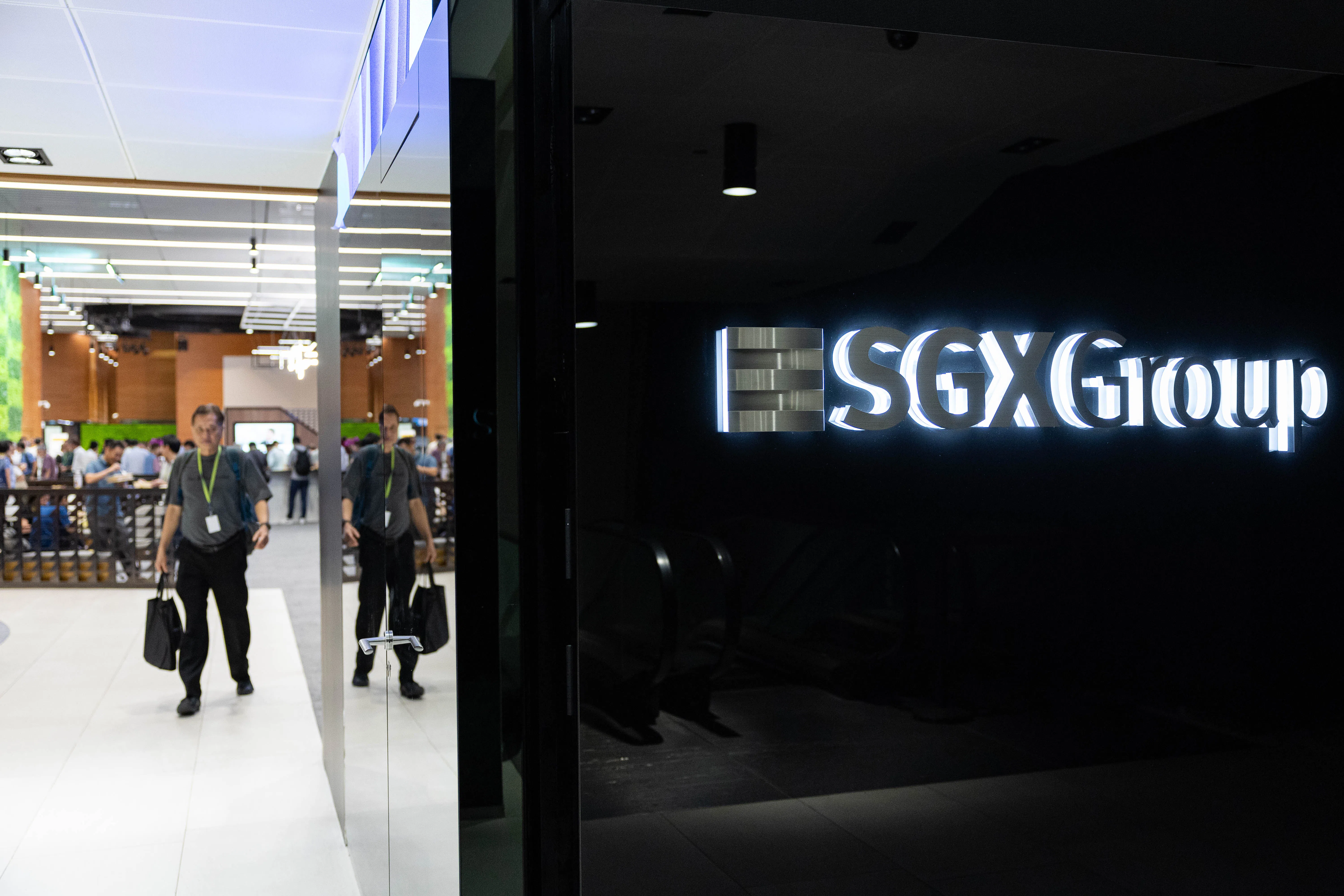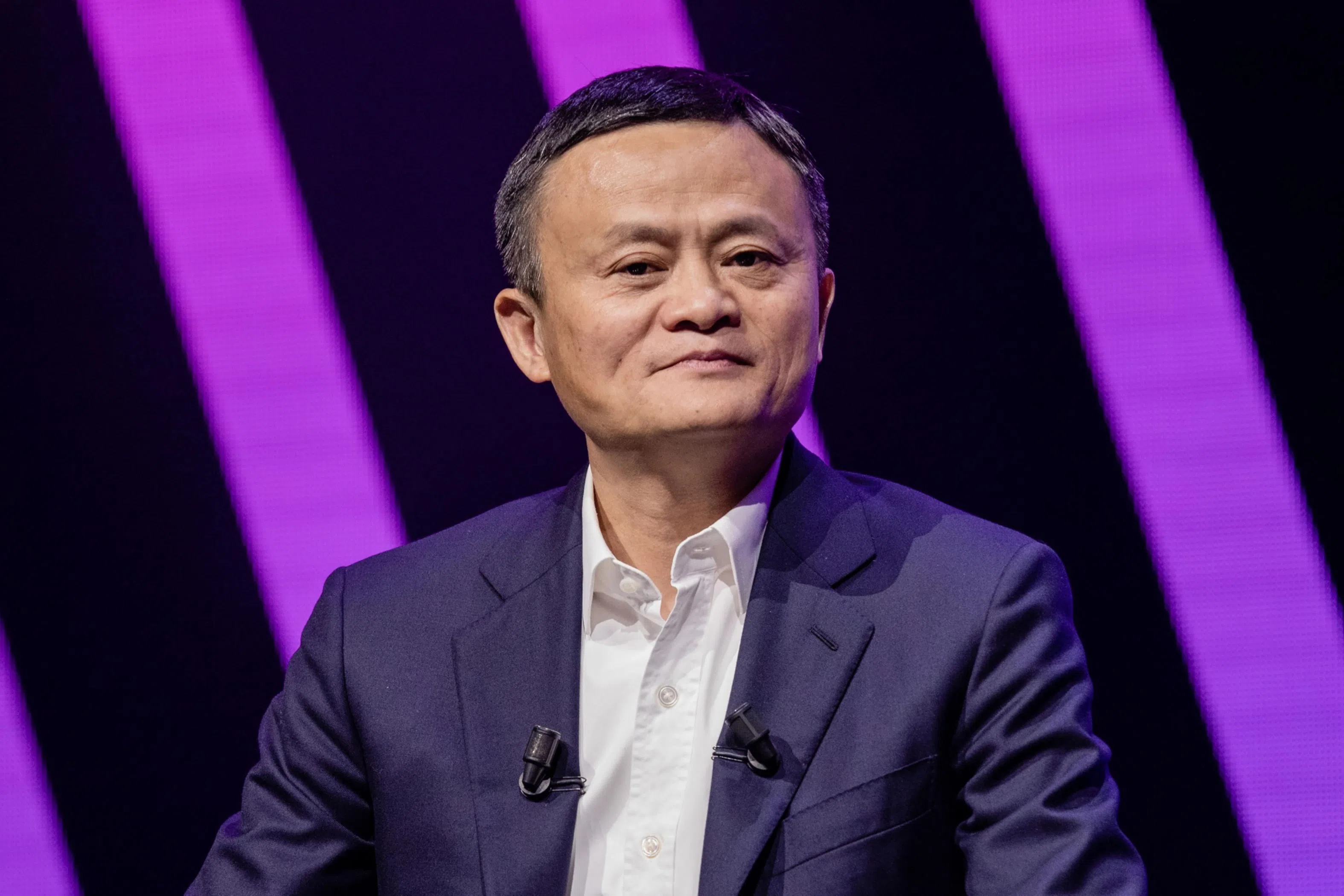TAIWAN Semiconductor Manufacturing Co’s (TSMC) quarterly revenue grew at its fastest pace in more than a year, shoring up expectations that a global boom in AI development is fuelling demand for high-end chips and servers.
The main chipmaker to Nvidia and Apple reported a better-than-expected 16 per cent rise in March-quarter sales to about NT$592.6 billion (S$24.9 billion), versus the NT$579.5 billion average projection.
That outperformance lends weight to expectations that the world’s most valuable chipmaker will return to solid growth this year after weathering a post-Covid cratering of smartphone and computer sales. TSMC is budgeting capital expenditure of US$28 billion to US$32 billion and expects revenue to grow at least 20 per cent this year, reversing 2023’s slight decline.
Asia’s largest company has more than doubled in value since an October 2022 trough, as investors bet on sustained demand for the advanced AI chips it makes for the likes of Nvidia. That has offset lingering concerns about whether the global smartphone slump has run its course. The company is slated to report full earnings Apr 18.
TSMC in January said its AI revenue is growing at 50 per cent annually. The company is building plants in the US, Japan and Germany as it races to fabricate the AI chips used in data centres operated by internet powerhouses including Amazon.com and Microsoft.
Signs are growing also of a broader market recovery. Asian rival Samsung Electronics’ profit rebounded sharply in the first quarter, reflecting in part a turnaround in the company’s pivotal semiconductor division.
GET BT IN YOUR INBOX DAILY
Start and end each day with the latest news stories and analyses delivered straight to your inbox.
Still, some investors have warned that the current level of AI chip demand is unsustainable over the long run. Others remain wary given the uncertainty hanging over the Taiwan Strait, the narrow body of water between mainland China and an island it views as a breakaway province.
And Apple – TSMC’s most important customer – is struggling to grow sales of the iPhone particularly in China, where Huawei Technologies is eroding its dominance of the high-end market. BLOOMBERG







